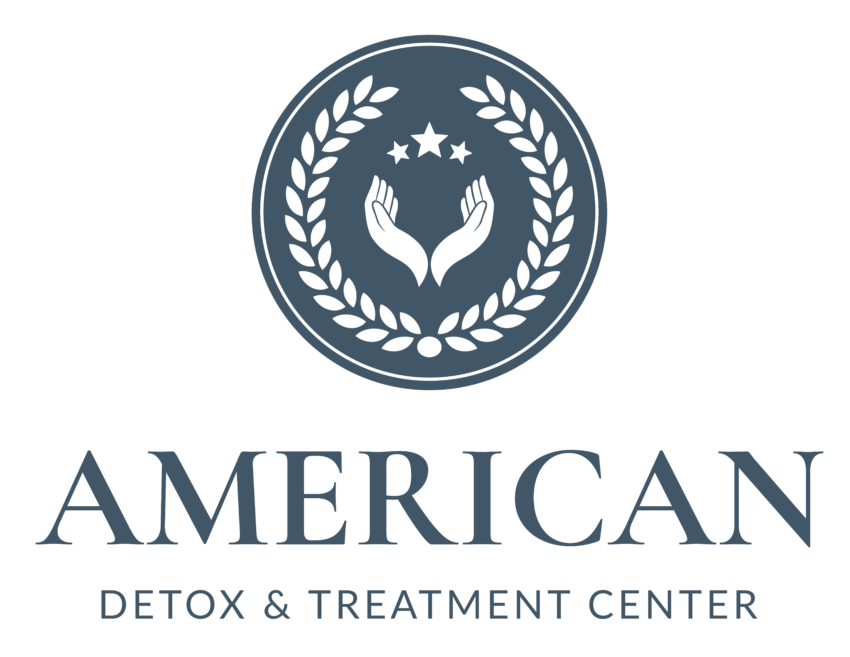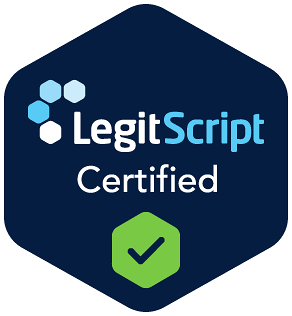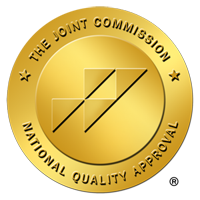If you are struggling with addiction, finding the best treatment is essential to your long-term success. For many people, that includes a combination of psychotherapy and medication. These are complementary treatment avenues that enhance the efficacy of the other, making it more likely that clients can find lasting relief.
Treatment for Recovery
If you are struggling with opioid addiction, newer FDA-approved medications are available to help quell cravings and encourage long-term sobriety.
Alcohol addiction, for example, comes with FDA-approved medication that renders the user physically ill if they drink, helping to change the reward system in the brain connected to drinking.
However, reliance on such medication is not intended to be a long-term treatment. Rather, it is required to be taken in conjunction with psychotherapy.
Why?
Psychotherapy is where clients learn more lasting and profound coping skills that can be used to avoid alcohol long term.
The Success of Psychotherapy and Medication
The combination of psychotherapy and medication can help treat both aspects of addiction:
the physical and the psychological. Evidence suggests that psychotherapy and medication combined have a more successful outcome for those in recovery.
Moreover, long term treatment, lasting an average of 12 to 18 months, proves more effective compared to short-term care.
So how does this work?
What Medication Can Do
Medication serves an essential role in changing the way the brain works. Regular exposure to drugs and alcohol can have a physical toll on the size, shape, and function of your brain. The brain is designed to grow and evolve, with areas increasing or decreasing based on usage and need.
However, long-term substance abuse can cause damage to these areas, which needs to be reversed with the help of medication.
Medication is an essential foundation for treatment because it can help you control your cravings so that you can reset your brain’s reward system.
Medication can also help you treat secondary mental health issues that addiction may have contributed to, like depression or anxiety. Certain antidepressants can help increase the amount of serotonin in your system so that you can boost your mood and have better motivation in the initial stages of recovery when you need motivation the most.
Overall, medication serves to control certain physical or psychological responses and to help you feel physically healthier and more focused during your recovery. However, medication does not give you coping skills or change your viewpoint or relationship toward drugs and alcohol. It doesn’t help you uncover problems with your emotional regulation that may have resulted from childhood or from recent trauma that needs to be resolved.
This is where therapy comes in.
What Therapy Can Do
Therapy, whether group or individual therapy, provides a chance for you to reflect on the things that may have contributed to your drug and alcohol abuse in the first place. For many people, drugs and alcohol are resources used to get their needs met. Even though it’s an unhealthy resource, it is still often tied to an underlying need.
That need could be an undiagnosed case of mental health disorders, in which case therapy can help you find medication for these conditions, an official diagnosis, and long-term coping skills so that you can learn to control the symptoms without using drugs and alcohol to self-medicate. Some of the most common conditions that overlap with addiction include:
- PTSD
- Depression
- Anxiety
That need could be an unresolved issue from childhood or recent trauma that you didn’t realize was pushing you toward drugs and alcohol in order to numb those feelings instead of sitting with them and accepting them for what they are. Therapy provides a chance for you to learn that all emotions, both good and bad, make up who you are.
When you try to ignore or suppress some of these emotions, you cause yourself unnecessary pain, and you avoid part of who you are.
The most rewarding life comes after your ability to acknowledge your whole self and learn to sit with those negative emotions, recognizing their temporary nature. Therapy is a safe place where you can discuss legitimate coping mechanisms and things that you can do to help change difficult emotions without suppressing them.
Getting Psychotherapy and Medication with American Detox and Treatment
If you are looking for a way to treat the physical and psychological aspects of your addiction, psychotherapy and medication work hand in hand. At American Detox and Treatment, we provide drug rehab services specifically for those in underserved areas, like military veterans, first responders, and anyone else in need.
Our drug detox center and residential treatment for addiction can provide trauma-informed care for those who have underlying trauma contributing to their addiction. Moreover, during your stay, you can participate in individual and group therapy while also receiving medication as part of your detox.
Overall, psychotherapy and medication are the foundation of an effective treatment for addiction. Addiction doesn’t just affect you physically; it can also affect you emotionally and psychologically.
For many people, there are strong overlaps between mental health and addiction. For that reason, medication can help you control the physical aspects of addiction and recovery, while therapy helps you meet the needs of the emotional and psychological components.
Contact our team today to learn more about how our program can help you get the psychotherapy and medication you need.



